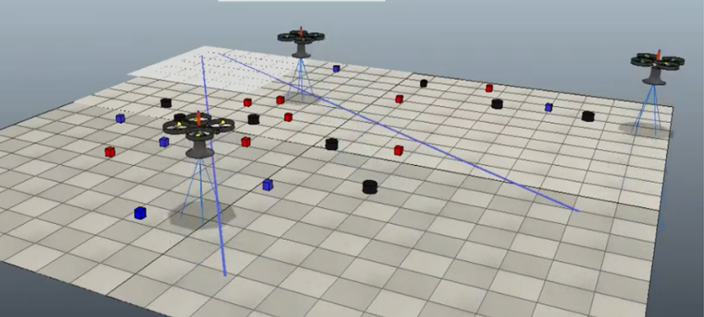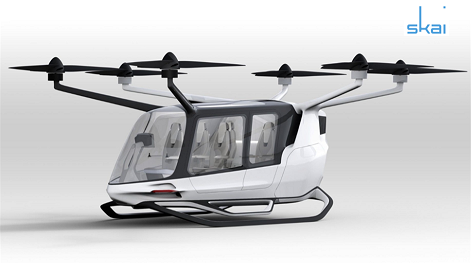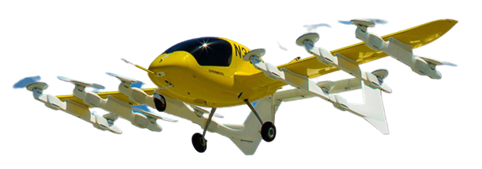Urgent Need for System Integration
TC4 will create methods to integrate secure and safe autonomy algorithms and software (developed in TC1 and TC2, and validated in TC3) into UAM platforms and networks via experimentation in a dynamic virtual simulation environment (SIM) and two physical environments (a small-scale Indoor Flight Facility (IFF), and a large-scale Outdoor Flight Field (OFF)). These environments represent an ecosystem to examine integrated elements of a UAM network together in the context of various long-term missions involving many vehicles in a complex environment. A set of performance metrics will be established to provide a means to assess maturity of different algorithm configurations and to compare them with the baseline autonomy algorithms. Team members from TC1, TC2, and TC3 will engage with these environments, both in the early stages and during the program, to enable rapid learning and evolution of safe and secure algorithms for the UTM application. TC4 activities will provide continuous feedback to TC1-TC3 innovators on the merits of their concepts and the best opportunities for transitions to practice with industry partners to realize mobility and economic benefits



